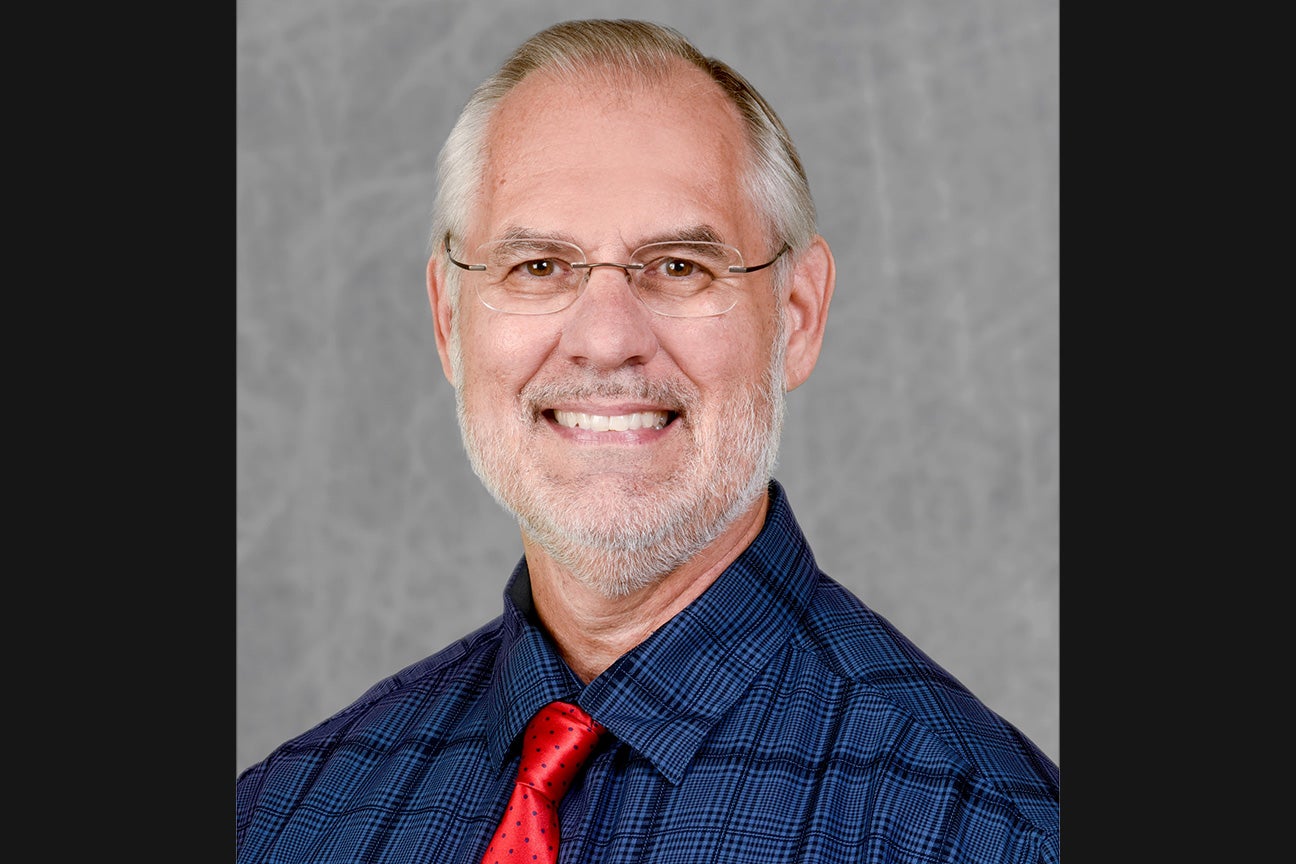States Can Lead on Roads
Published 3:25 pm Wednesday, February 28, 2018
By JOHN HOOD
RALEIGH — When the Trump administration finally filled in the outlines of its infrastructure plan last week, many seemed to be disappointed to learn that only $200 billion of the proposed $1.5 trillion in expenditures over the next decade would come from federal coffers.
I wasn’t disappointed. I was relieved. Much of the federal government’s current investment in infrastructure is of dubious constitutionality and of questionable value. A vast expansion, especially given our growing federal-deficit projections, would move it beyond the dubious and questionable into the realm of the indefensible.
Transportation and other infrastructure have been and should continue to remain primarily the responsibility of states, localities, or the private sector. Contrary to popular belief, for instance, our surface transportation system is overwhelmingly privately owned and financed — because its value mostly consists of privately operated cars and trucks, not of the roads they traverse.
Regarding government’s role, it’s silly to suggest that if Washington doesn’t do something, it won’t get done. Every resident of the United States also resides in a smaller jurisdiction capable of raising and spending revenue. Over the past decade, our own state of North Carolina has become a national leader in tackling its infrastructure needs.
Over three gubernatorial administrations and state legislatures run by both major parties, North Carolina policymakers have set firmer priorities within the state’s transportation budget, initiated new user-funded projects, and redirected gas taxes and other car-related revenues to their proper use of constructing or maintaining roads. As a result, the state is spending hundreds of millions of dollars more each year on transportation without resorting to major tax hikes.
The benefits are becoming more apparent every year. Long-delayed projects such as bypasses, outer loops, and additional interstate lanes are finally underway or nearing completion. Potential employers and residents are gaining confidence that future growth won’t turn North Carolina into a congested mess.
David Hartgen, an emeritus professor at the University of North Carolina at Charlotte, has for 23 years produced annual rankings of America’s highway systems. Currently published by the Reason Foundation, a California-based think tank, Hartgen’s latest report ranks North Carolina 14th in highway performance, up from 20th as recently as 2012. Indeed, only three states posted a bigger improvement in highway performance than North Carolina did. That trend will likely continue in the coming years.
As states like North Carolina address their own needs, what role, if any, should the federal government play? If we take the constitution seriously, the answer should be “not much.” Washington only has an interest in ensuring a transportation network sufficient for national defense, and in resolving cross-border disputes among governments or private operators.
Under President Trump’s proposal, every new federal dollar for infrastructure would be offset by a dollar of spending cuts elsewhere. Each of those dollars, in turn, would serve as leverage for projects primarily funded by states, localities, or the private sector — in the latter case, in particular, to be repaid by user charges, such as port fees or road tolls, rather than by general taxes imposed on those not using the asset in question.
The plan also proposes to clear away the regulatory underbrush past presidents and congresses have built up over the past century. Thanks to contracting mandates and permitting rules, it costs much more than it should to build new waterworks, highways, or rail lines. Just as excessive taxes and regulations discourage private investment, excessive mandates and reviews discourage public investment in assets such as transportation.
I’m more supportive of the deregulation elements of the plan than I am of federal leveraging funds. Offsetting cuts in federal spending would be most welcome, naturally, but seem unlikely in our current environment of busted budget caps and soaring deficits. I’d rather let states chart their own courses on infrastructure — likely reflecting the differing priorities of reddish states, blueish states, and private entrepreneurs — and then let people chose where and how to live and travel.
In short, let North Carolinians and our counterparts elsewhere figure this out for ourselves.
–––
John Hood (@JohnHoodNC) is chairman of the John Locke Foundation and appears on “NC SPIN,” broadcast statewide Fridays at 7:30p and Sundays at 12:30p on UNC-TV.





